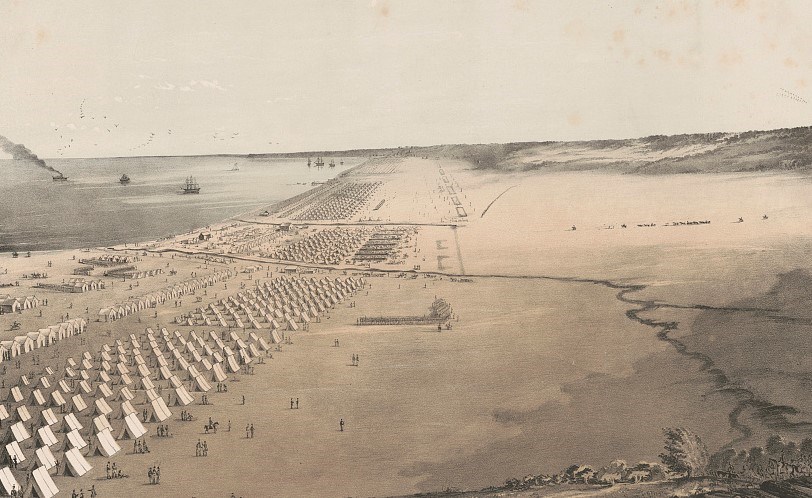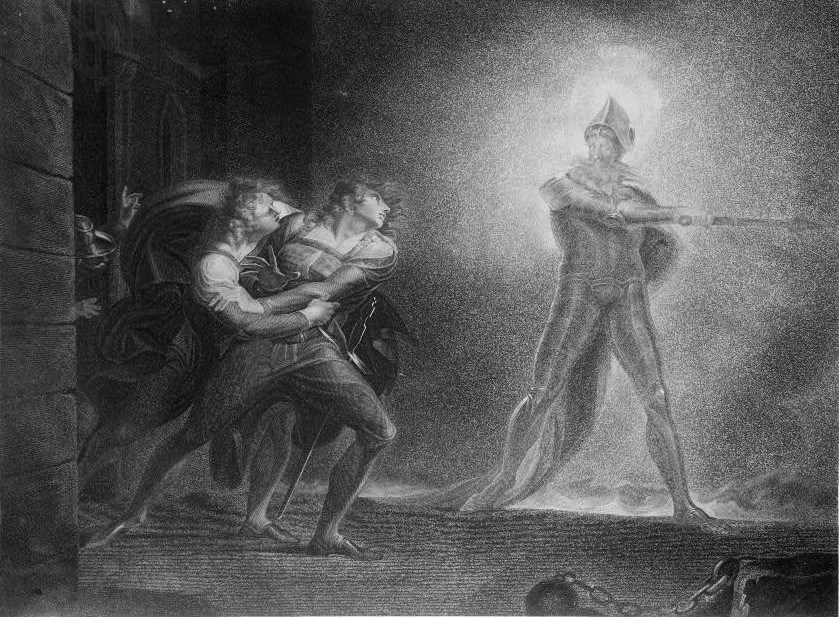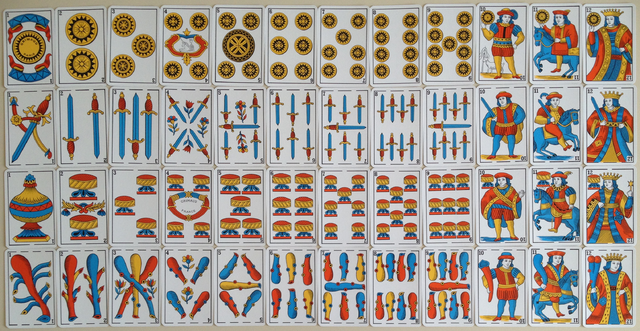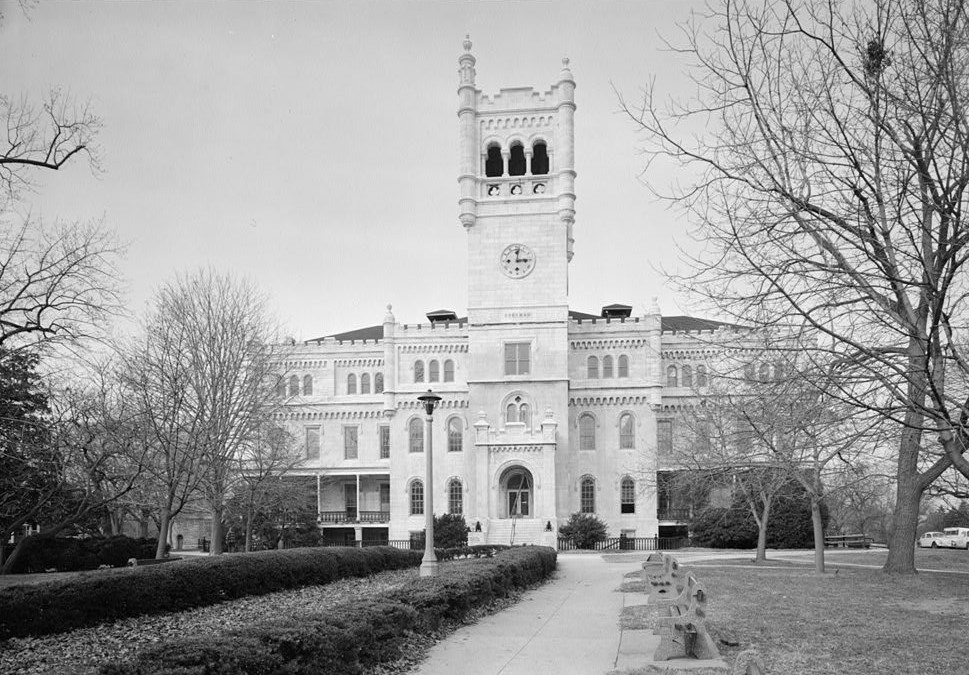Last updated: November 12, 2019
Article
Soldier Pastimes

Library of Congress (No known restrictions)
The Invisible Enemy
Think about the last time you were bored. Maybe you were surfing the channels, but there was nothing good on TV. Perhaps you were staring at the computer at work and the clock just would not move.
Sweet Escape
With the availability of the internet, smartphones, and social media, we should never get bored! Right? Whatever your preference, these outlets offer a diversion from the stress and routine of daily life. No such luck in 1846. Chores were time-consuming and tedious without the help of today's technology. Quick and convenient escapes, such as the TV and the internet, did not exist. What?! Just how did soldiers deal with the monotony of their daily routine?
Battling Boredom
In 1846, thousands of U.S. and Mexican soldiers left the comforts of home to fight in the Mexican War. Many came looking for action and ended up battling a different enemy –boredom. Instead of live combat, they engaged in hours of drilling and repetitive fatigue duty. Boredom from the monotony of camp life soon set in.
Many U.S. soldiers’ first camp was at the small trading post of Corpus Christi, Texas. Second Lt. George Meade called Corpus a "dull and stupid place, nothing but drill and parades . . . nothing is seen or heard but the regular sound of the drum." His fellow soldiers longed for an escape.

Library of Congress (No known restrictions)
Where There's a Will
Resourceful U.S. soldiers created ways to amuse themselves. With no immediate threats from the enemy, men had time to build a makeshift theater. These soldier/actors did their best. Although, 2nd Lt. James Longstreet called 2nd Lt. Ulysses S. Grant's portrayal of one of Shakespeare's leading ladies "less than convincing."
The Mexican Army of the North positioned itself in the northern city of Matamoros, a fortified town with beautiful gardens and farms. In the evening, soldiers watched "fair señoritas gracefully flitting their fans" in the balconies. Matamoros also had several churches and a cathedral which offered soldiers an escape from daily worries.
Reading Respite
Most U.S. and Mexican officers were well-educated. They often spent their time writing and reading letters. Paging through copies of hometown newspapers brought memories of home. Reading letters around the campfire fire made it "so that one letter gave pleasure to half a dozen or more." During these tranquil moments, "all minds reverted to scenes of home."
An avid reader, 1st Lt. Richard Graham asked to bring a small case of books. Col. Whistler balked at the request, stating they "couldn't encumber our [wagon] train with such rubbish as books." Another officer, claiming to be sick, asked permission to bring a keg of whiskey as a "stimulant." Whistler granted permission, as whiskey was "within reason." Whistler was later court-martialed for drunkenness.
Song & Dance
Singing was another popular pastime. Some U.S. soldiers formed glee clubs. Popular songs included "Hail, Columbia!" and "The Girl I Left Behind Me."
In Mexican camps the "Clarín de Campaña" or Bugle Call for Battle was popular. The corrido (Mexican folk song) called on soldiers to forget their sorrows and remember the life's joys for today may be your last.
During this gentleman's war, some Mexicans invited U.S. soldiers to dinners and dances. Curiosity of this foreign culture led many U.S. soldiers to accept these invitations. The bright colors and beauty of the popular fandangos attracted U.S. troops. Major Benjamin L. Beall exclaimed they were "all fun and frolic" - a "brilliant night" with "brilliant girls.

Countakeshi (public domain)
Know When to Fold Them
Cards were another popular pastime for soldiers of both armies. After the battles of Palo Alto and Resaca de la Palma, U.S. troops occupied the Mexican city of Matamoros. They seized over 4,000 decks of Mexican playing cards from the government stores and distributed them among the troops.
Soldiers were surprised to find swords, clubs, cups, and coins instead of hearts, diamonds, clubs, and spades. Lt. Dana marked the cards he mailed to his beloved wife Sue so she could "tell the suit." Mexican prisoners passed the time playing monte and tresillo. Many of these games have stood the test of time, such as poker, blackjack, cribbage, and pinochle.
For some, cards and kegs of whiskey were gateways to more dangerous diversions. Traders lured soldiers into bars, bowling alleys, billiard rooms, and gambling halls. Lt. Col. Ethan Allen Hitchcock described this darker side of Corpus Christi - "the day will go as other days - drinking, horse-racing, gambling . . ."
Traders followed the soldiers deeper into Mexico, profiting the entire way. Captain Furber of the Tennessee volunteers stated "gambling rooms, where roulette tables, chuck-a-luck, faro, and monte‟ banks were constantly going."

Library of Congress (No known restrictions)
Vice to Virtue
One officer did not partake - General Winfield Scott. To Scott, gambling and all its vices was a curse. So, Scott turned a vice into a virtue.
During the U.S. occupation of Mexico City, anyone - soldier or civilian - caught gambling was fined. Scott raised over $9,000 in gambling fines that he later put to good use by building the Soldier's Home, "an asylum for old and disabled veterans."
After the war, U.S. Army regulations strictly prohibited cards and dice. However, these regulations were rarely enforced. Maryland volunteer John Kenly contemplated "why was this gambling suffered? . . . The answer is plain; what else were they to do? If forbidden to play, order could not have been enforced." Kenly recognized the power of a pair of dice to make you forget you were thousands of miles away from home. He understood arguing over cards was an escape from the monotony of drilling and fatigue duty.
Learn From the Past
Just like Mexican War era soldiers, people need an escape from daily stress and routines.
Some things have changed. Instead of singing around a campfire, we sing along to the car radio during our morning commute. Video streaming services, DVDs, and multiplex theaters have mostly replaced the traditional theatre.
Letter writing seems to have become a lost art in our text-happy era. Our friend, Lt. Graham, definitely wouldn't need to bring a case of books with him—they'd be on his tablet or smartphone. And although many still enjoy poker nights, video games have become a multi-billion dollar industry.
Unplug & Unwind
The next time you need a break, try ditching your smartphone and entertain yourself 1840s style. Play a card game, read a book, or go catch a play at the theater.
Try writing a letter…on actual paper...with a real pen. When you've finished, notice how quickly the time passed. More important, ask yourself how you feel. Are you refreshed, relaxed? Congratulations! You've found your escape.
